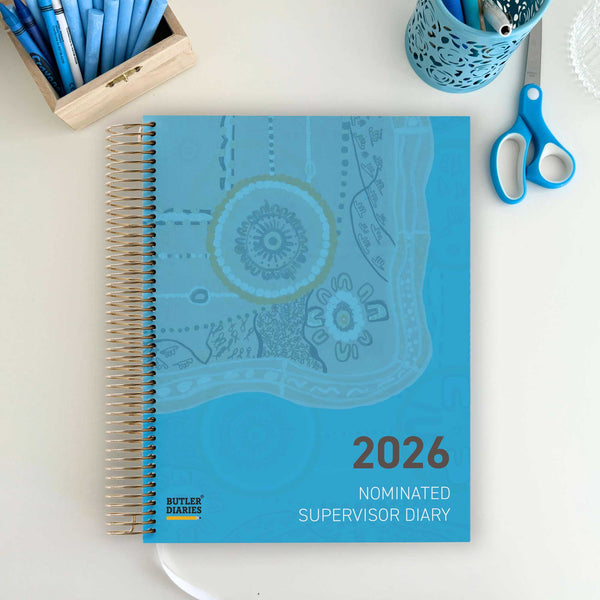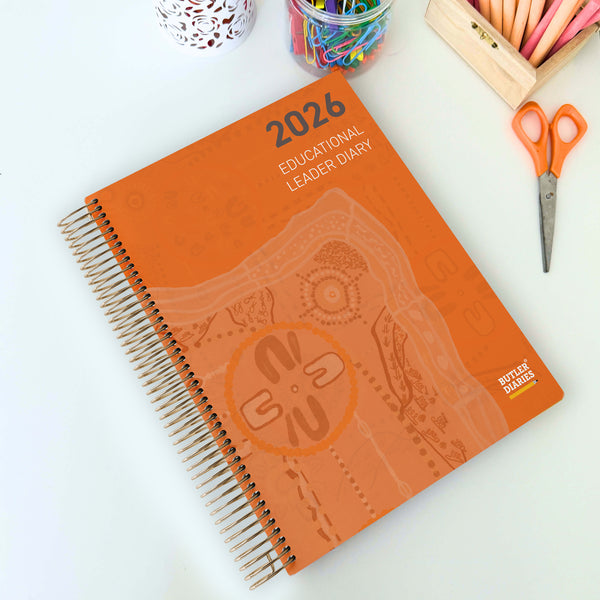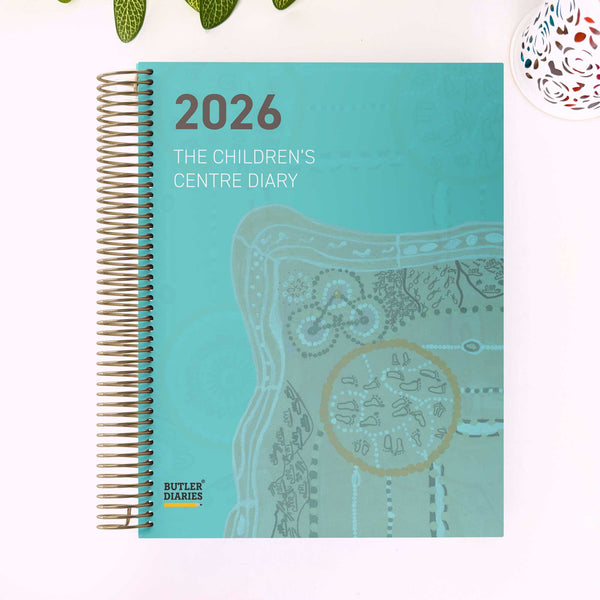Staff meetings in ECEC serve as vital platforms for collaboration, communication, and professional growth. However, orchestrating productive gatherings requires careful planning and execution. So here are some valuable tips to help educators and leaders navigate the path towards successful staff meetings...
-
Set Clear Objectives: Begin each meeting with a clear understanding of its purpose and objectives. Whether it's discussing curriculum enhancements, addressing challenges, or sharing best practices, defining goals ensures focus and relevance throughout the session. Critical reflection can be used here to determine if the staff meeting is necessarily the right avenue to address the objective or if a casual room discussion, memo, or email may be more effective.
-
Create an Inclusive Environment: Foster a culture of inclusivity and open communication where every team member feels valued and respected. Encourage active participation by inviting input from all staff members, regardless of their roles or experience levels. You should give adequate notice of the meeting and ask for input and feedback so you can include staff ideas and concerns on the Agenda.
-
Establish a Structured Agenda: Develop a well-organised agenda outlining the topics to be discussed and the time allocated to each. You can record your Agenda on your monthly Meeting Notes page in your Butler Diary such as the Nominated Supervisor Diary, Educational Leader Diary, OSHC Diary or Childcare Centre Diary. Stick to the schedule to maximise efficiency and respect everyone's time.
-
Promote Collaborative Problem-Solving: Use staff meetings as opportunities to address challenges and brainstorm solutions collectively. Encourage collaboration by facilitating constructive discussions and soliciting ideas from the team. Emphasise the importance of teamwork in overcoming obstacles and achieving shared goals. One of the worst things you can do in a meeting is speak at your team and not provide opportunity for collaboration.
-
Celebrate Achievements and Milestones: Recognise and celebrate the accomplishments of individuals and the team as a whole. Acknowledging milestones, successes, and efforts fosters a sense of pride, motivation, and camaraderie among staff members. Focusing on negative or to be improved topics only will build a sense of dread in every upcoming staff meeting.
-
Provide Professional Development Opportunities: Allocate time during staff meetings for professional development activities, such as training sessions, workshops, or peer learning opportunities. Investing in ongoing learning enhances staff competency, promotes innovation, and strengthens the quality of care and education provided.
-
Encourage Reflective Practice: Incorporate reflective practice into staff meetings by encouraging educators to share insights, experiences, and challenges encountered in their daily work. Reflective discussions promote critical thinking, self-awareness, and continuous improvement in practice.
-
Ensure Effective Communication: Foster clear, transparent, and respectful communication channels among staff members. Encourage active listening, seek clarification when needed, and address any concerns or misunderstandings promptly to maintain a supportive and harmonious work environment.
-
Evaluate and Adjust Meeting Formats: Regularly evaluate the effectiveness of staff meetings and solicit feedback from participants to identify areas for improvement. Adjust meeting formats, frequency, or topics based on the evolving needs and priorities of the team. Be creative with your formats and include games, presentations, demonstrations, videos, and more.
-
Lead by Example: As a leader or facilitator, lead by example by demonstrating professionalism, positivity, and a commitment to continuous learning and improvement. Your attitude and actions set the tone for the meeting and inspire confidence and engagement among staff members.
By implementing these tips, early childhood educators and leaders can transform staff meetings into meaningful and impactful gatherings that promote collaboration, professional development, and collective success in the field of ECEC. Don't forget to record the minutes of your meetings and reflections in your Nominated Supervisor Diary, Educational Leader Diary, OSHC Diary or Childcare Centre Diary.


























